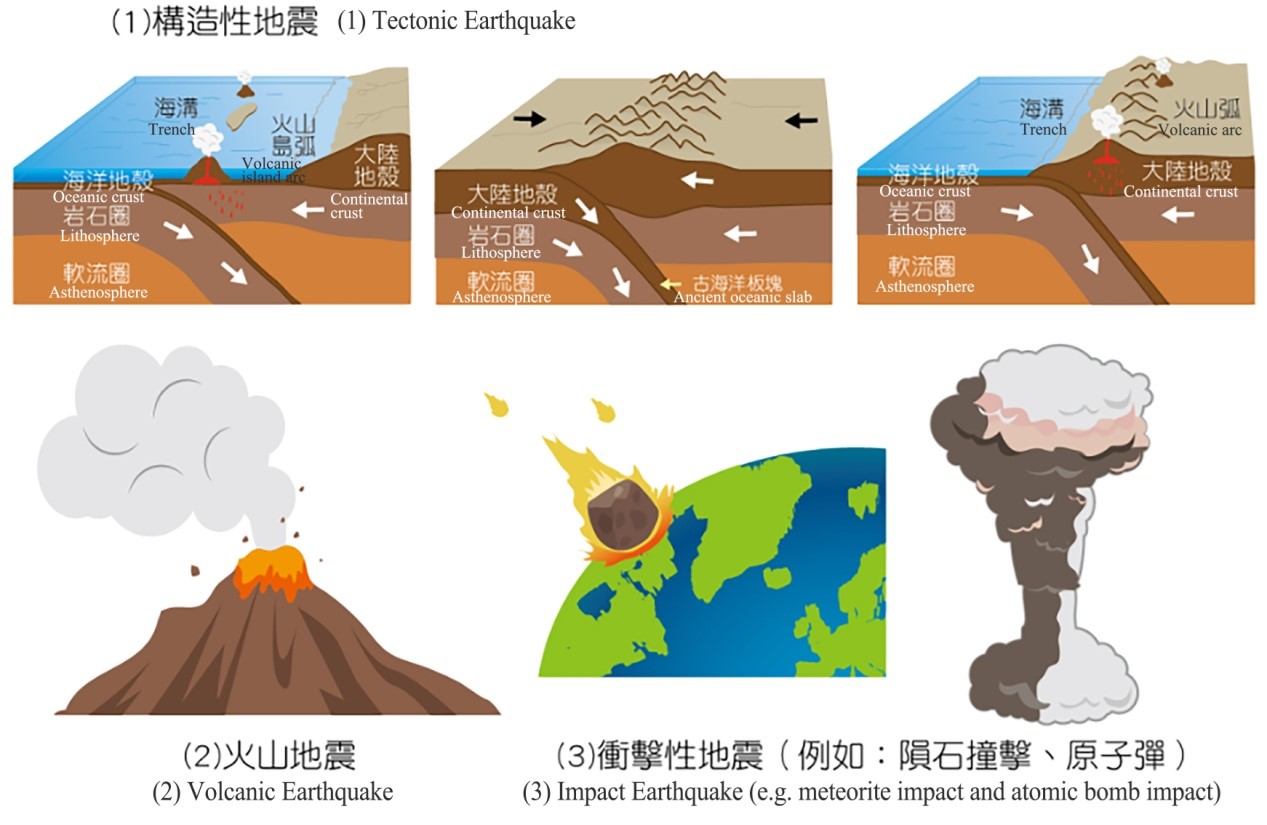What is an Earthquake?
Earthquake is an extremely common natural phenomenon.Broadly speaking, an earthquake is the shaking of the surface of the Earth. According to the shaking nature, it can be divided into three classes:
Natural earthquake: It refers to the seismic phenomenon occurring in nature;
Human-induced earthquake: It refers to the shaking of the ground caused by human factors such as blasting and nuclear testing;
Earth pulse-induced earthquake: It refers to the frequent microturbulence of the Earth's surface caused by factors such as atmospheric activities and wave impact.
In a narrow sense, the generally spoken earthquakes refer to natural earthquakes that can cause disasters. Natural earthquakes mainly include three types according to the genesis:
Tectonic earthquake: This type of earthquake is caused by dislocation and rupture of stratum in the deep underground. It occurs most frequently, with its occurrence accounting for more than 90% of the world's total number of earthquakes. Additionally, it is also the most destructive.
Volcanic earthquake: This type of earthquake is caused by volcanism such as magma activities and gas explosions. It generally affects a smaller area and occurs less frequently, with its occurrence accounting for about 7% of the world's total number of earthquakes.
Stratum subsidence-caused earthquake: This type of earthquake is caused by stratum subsidence. For example, when underground caves or goaves cannot bear the pressure on the roof, they may collapse and cause an earthquake. This type of earthquake occurs far less frequently, with its occurrence accounting for less than 3% of the world's total number of earthquakes. It also causes less damage.
